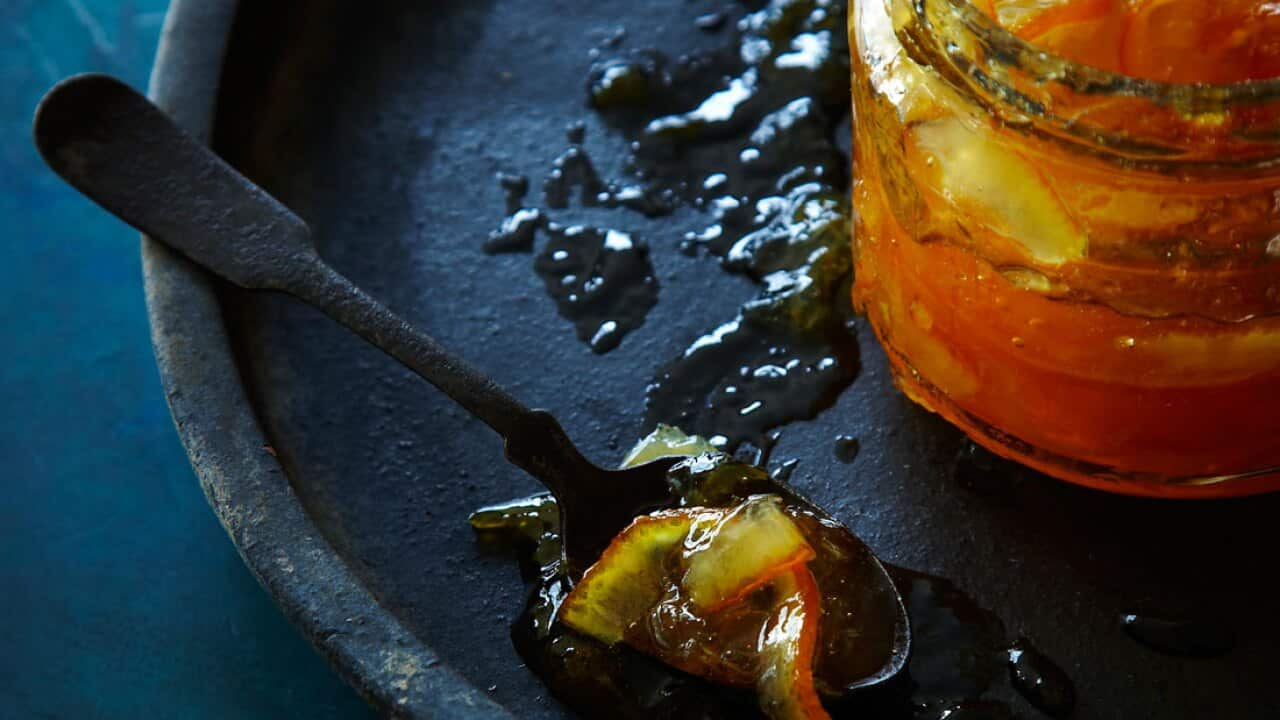When former refugee, Maryam Zahid was a small child living in Afghanistan, there was one precious breakfast food that would fill her young world with sweet delight: (‘morabba’).
Although marmalade may be an ordinary kitchen staple in Australia, back in Zahid’s homeland the sweet orange jam is deemed a luxury.
“There is so much safety here in Australia and so much food,” says Zahid, founder of the western Sydney-based charity “But that was not the same in Afghanistan. You had to be able to afford to buy sugar, oranges and the fuel needed to cook the ingredients to make jam.
"So, to be able to eat our traditional orange jam for breakfast, spread across thick toasted bread spread, was a luxury.”
We never ate enough or said ‘I am full’. But we were so grateful to have had just a taste.
Zahid explains that, as a child, her family were displaced by unrest so many times that they were unable to make Afghanistan’s orange jam regularly.
“But when I was very young and my grandmother was alive, she would sometimes make it in a memory of her late husband. We would all sit under an apple tree and share a piece of thick bread, toasted in the clay oven, spread with a layer of butter and orange jam.
"We would only ever have two bites of the bread – just enough to know what orange jam tasted like. We never ate enough or said ‘I am full’. But we were so grateful to have had just a taste.”

Hope in a jar: a new orange jam project is helping female refugees from Afghanistan to learn financial literacy skills.
More than 10 Afghan refugees are involved in the program, supported by funding. Together, the team of women regularly gather in the Blacktown area to make Afghani orange jam for commercial sale.
One 300ml jar of jam costs $10. All the money raised goes towards paying volunteers and investing in the program. So far, the group have made and sold 300 jars of their jam.
READ MORE

Orange marmalade
Zahid explains that although the money is a bonus, the true benefit of the project is that it teaches the female refugees about product development, health and safety regulations in the food industry, small business management and money management.
“A lot of female refugees from Afghanistan have never dealt with money because the culture and system did not allow women to do so,” Zahid says. “So, at the start of the project, many of the women involved did not know how to use their ATM cards, let alone how to bank or buy things online. Through this project, we are building their confidence and financial literacy skills.
“I just want the women involved to have access to the right financial information and feel empowered. I want them to use food to feel positive about their future in Australia."

"Through this project, I am getting work experience and learning financial literacy skills.”
Opportunities in a jar
Basira Ahmadi, a 30-year-old Afghan refugee involved in the jam project, tells SBS the program is also helping to provide its participants with valuable work experience.
“I believe that working is very important for everyone, especially women,” says Ahmadi, a former high school teacher. “So ever since I arrived in Australia, I’ve looked for a job. I need to work so I can send money to my family and pay for my life in Australia – a place to live, transport, food.
“But without work experience, I can’t get a job. Through this project, I am getting work experience and learning financial literacy skills.”
Being part of a project team has also helped build Ahmadi’s confidence. “It’s a very good feeling. We all help each other and work together. I know this project will be success.”

"We all help each other and work together. I know this project will be success.”
A sweet future ahead
The jam project will run until November this year. But, Zahid says, if it gets refunded, it’ll continue to offer female refugees hope in a jam jar for a long time to come.
“Female refugees from Afghanistan may come to Australia from a war-torn country, with all of their broken pieces. But they also come with aspirations to live and succeed. They come with a lot of skills that have not yet been explored.
“When you look at a female refugee, you may not see their internal drive because it’s not visible. But it is there. I want people to recognise that. By empowering female refugees with jam-making and financial literacy skills, we really believe that anything is possible.”

